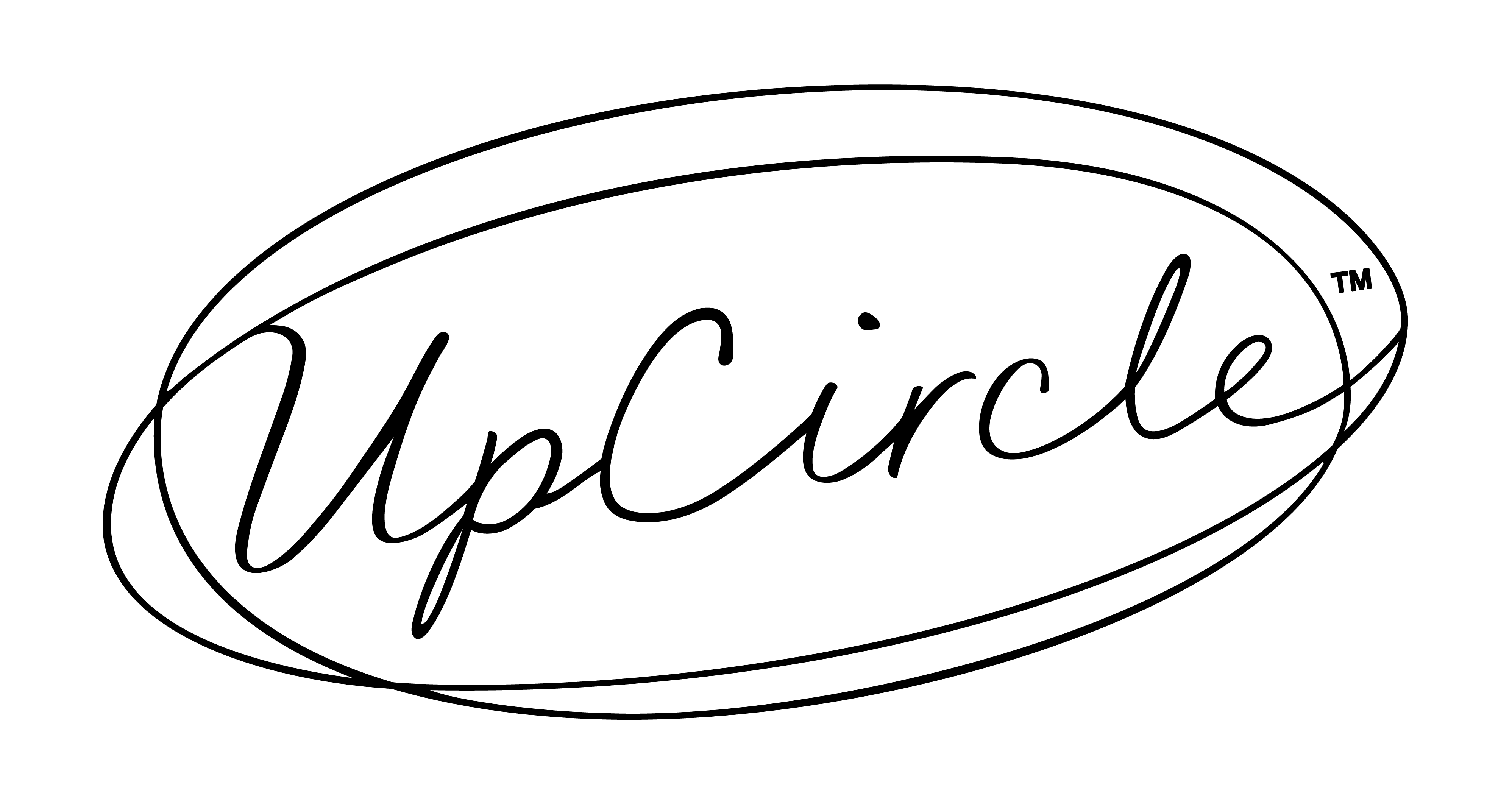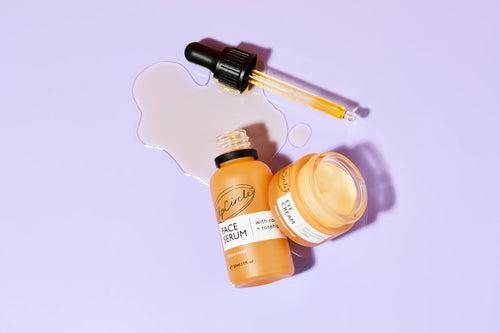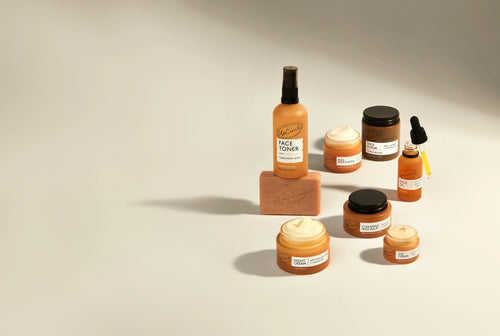In 2011 the first "organic water" hit the shelves of America, well and truly confirming the fact that people will, indeed buy anything. Organic is one of those words that gets thrown around a lot; organic flowers, organic soup, organic creams, crisps, cabbage. You name it, chances are someone has slapped an organic label on it at some point. But what does it actually mean? More importantly, how do you know when it matters? When it makes a difference?
So what does it mean?
In its original scientific use, organic simply meant it had carbon in it. When it comes to products this is unhelpful for about a million reasons; the main one being that pretty much every living thing contains it (rather ironically water doesn’t). Clearly manufacturers aren’t bursting with pride about their chemistry knowledge so what’s that label really trying to say?
Simply put, organic means that the ingredients in your product have been grown using 100% natural farming methods. This means no artificial fertilisers, pesticides or growth regulators and absolutely no trace of GM crops have made their way from the field and into your skincare. Well, that’s the idea anyway...
Wait, why the shifty eyes?
Okay, not everything is quite as it seems. Organic regulations vary from country to country and often mean that pesticides have been used, just in lower quantities. Likewise, some products will use terms such as “contains natural ingredients” or “made with organic”. These can mean that as little as twenty percent of the finished product is actually organically sourced.
So just how can I be sure?
The best way to sort the (organic) wheat from the chaff is to read the label carefully and look for organic certification. The most well recognised and comprehensive are from the soil association and COSMOS. The first guarantees that 95% of the ingredients are organic (the other 5% are typically things that aren’t grown such as clay) while the latter is a guarantee that the methods are sustainable and caring for the environment. This includes no synthetic colours, dyes or fragrances, plus absolutely no testing on animals.
Why does it even matter?
Organic doesn’t just mean that you avoid nasty chemicals, it means the environment avoids them too. To get that sought-after certification, producers have to take care during the whole process. From rotating crops (so as to stop soil degrading) to making sure there’s no impact on surrounding wildlife, organic produce is a step towards a kinder, more sustainable future.
An additional benefit of fully organic products is the piece of mind that comes with knowing that ingredients are fully natural, devoid of irritating chemicals and loaded with nourishing vitamins, minerals and nutrients. At the end of the day organic products leave you with a glow quite unlike any other, so when you use your certified organic UpCircle face serum or soap you can take a well-deserved seat and relax. Just leave the organic water alone.







